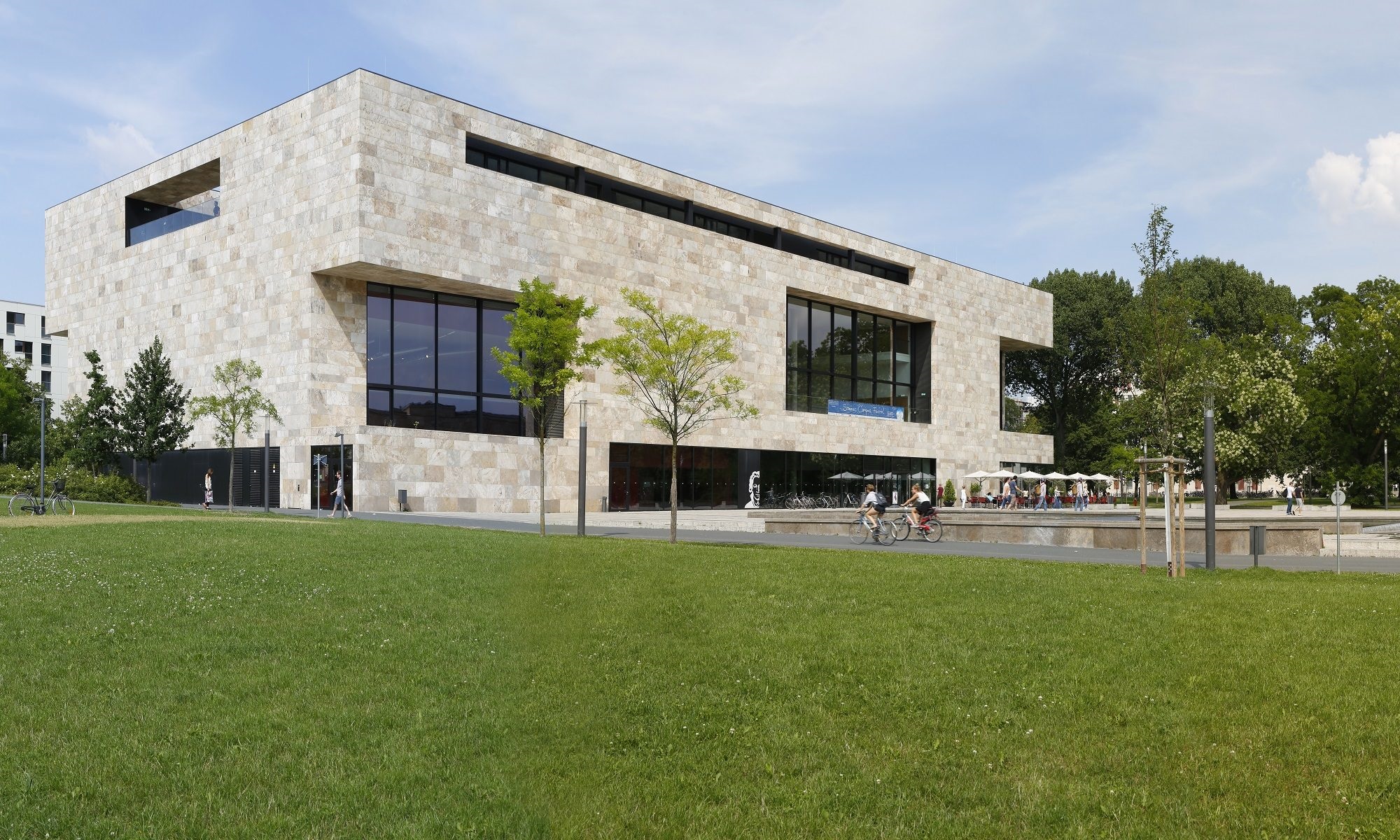The 45th Annual meeting of the German Linguistic Society (DGfS 2023)
Cologne, March 8-10, 2023
Conference website: https://dgfs2023.uni-koeln.de/en/
will host a workshop (Arbeitsgruppe) on
Coexistence, competition, and change: Structural borrowing and the dynamics of asymmetric language contact
Aims and background
The workshop aims at bringing together various lines of research in the investigation of the dynamics of asymmetric language contact and change. Typically, language contact situations are characterized by variation, competition, and coexistence of linguistic features at different levels of linguistic analysis and their interfaces. These dynamics become apparent not only in the linguistic behaviour of bilingual speakers and signers (code-switching, code-mixing, code-blending, and cross-linguistic influence), but also in the evolution of spoken and sign languages over time (language change, emergence of new varieties, mixed languages, pattern transfer or calque). By approaching the dynamics of language contact from different theoretical perspectives, we aim to contribute to a better understanding of the outcomes of language contact. Our focus will be on contact phenomena at the syntactic level.
Potentially interested
We particularly encourage submissions addressing these topics from different theoretical frameworks, methodological approaches, and subfields of linguistics, including but not limited to formal linguistics, typology, areal linguistics, sign language linguistics, historical linguistics, bilingualism research, contact linguistics, and postcolonial linguistics.
Invited speakers
- Victoria Nyst (Leiden)
- Heike Wiese (Humboldt, Berlin)
Workshop program
Final program: http://blog.studiumdigitale.uni-frankfurt.de/dalc/files/2023/03/DGfS2023-booklet-template-word-AG-3-program-final.pdf
Preliminary program (version 30.9.2022)
Practical information
Check the the conference web page and our local web site for information.
Registration: https://dgfs2023.uni-koeln.de/en/registration
Accommodation: https://dgfs2023.uni-koeln.de/en/tagungsort/accomodation
Submission of booklet version of abstracts (due December 1, 2022)
All accepted papers and posters should
- Use the template in http://blog.studiumdigitale.uni-frankfurt.de/dalc/files/2022/10/DGfS-2023-booklet-template-word-AG-abstract.docx
- Your abstract must not exceed one-page, including everything
- send the final version of your abstract to dalc@uni-frankfurt.de
- strict deadline: December 1, 2022
Possible topics
Issues that will be addressed include but are not limited to:
- What do we know about the interplay of internal and external factors affecting the outcomes of language contact?
- Does lexical borrowing open a door to structural borrowing under specific circumstances?
- What factors contribute to the diffusion of or resistance to the importation of structural features?
- How do we distinguish between variation and change?
- How do traditional linguistic theories cope with the dynamics of language contact?
- What do dynamic models contribute to our understanding of language contact and change?
- Are borrowing hierarchies universal or conditioned by the languages involved?
- What is the scope and what are the limits of syntactic creativity in asymmetric language contact?
Call for papers:
First call for papers on linguistilist: https://linguistlist.org/issues/33.2284/
Final call for papers on linguistlist: https://old.linguistlist.org/issues/33/33-2525.html
Organizers
- Hiwa Asadpour (Goethe-University Frankfurt & JPSP International Fellow University of Tokyo)
- Carolina Plaza-Pust (Goethe-University Frankfurt)
- Manfred Sailer (Goethe-University Frankfurt)
